The Great TikTok Debate: Is the Bold Glamour Filter Really Powered by AI?
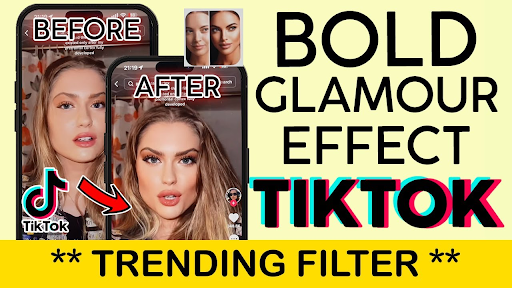
Lately, the Chinese-created social media platform TikTok has been facing a lot of scrutiny and backlash, with some countries moving to ban the app. Their latest “Bold Glamour” filter has been put under the microscope as most users say it creates a false image of them. Some even say it creates low self-esteem once they take it off and realize they look nothing like it.

I don't know about you, but I really love TikTok because it entertains me while I relax. I've been scrolling through TikTok this week and saw a lot of people trying out the app's new filter, and I thought, let me do the same. It definitely creates a different you, which I felt even the most expensive makeup could never create.
Well, last month on the 22nd of February, TikTok rolled out a few AI tools for their filters, but the company refuses to confirm if that filter was “Bold Glamour. TikTok has ignored multiple emails from The Verge asking them to confirm if the filter was AI-generated.
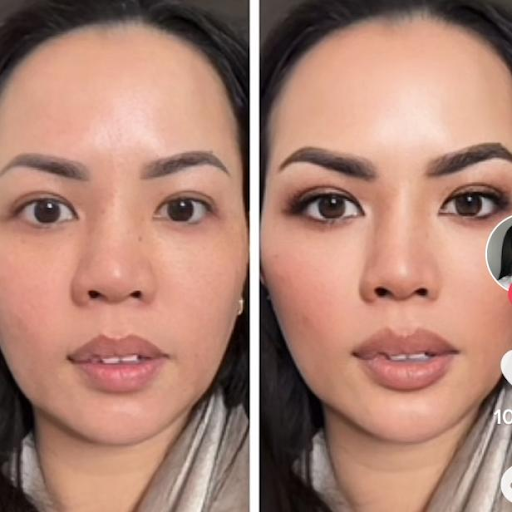
TikTok has announced that creators could now have some generative AI effects that change a user's facial features in real time. The new effects would include a lip-puckering effect, an eyebrow eraser, and a smiling effect. TikTok promises that any generative effects will match the user's skin seamlessly.
The outcome of Bold Glamour is considered impressive. Luke Hurd, an augmented reality consultant, couldn’t agree more as he mentions that the filter's effects are different from the common techniques. Memo Akten, an assistant professor of Computational Art and Design at UC San Diego Visual Arts, couldn't help but agree with how accurately the effect changes one's face.
More than 9 million videos have been created using the filter, and users agree that it totally transforms your face in an impressive way. Users have noticed that the filter is different from what they’re used to. Unlike the other filters that commonly create cartoon-like features on a user's face, the Bold Glamour modifications seem to move in line with the human face and even adjust when applied to a masculine face.
https://www.tiktok.com/@joannajkenny/video/7204538291532664069
Hurd also mentioned that this filter could be a result of machine learning technologies with particular reference to Generative Adversarial Networks (GANs). Multiple filters on TikTok use this technology.
Akten also mentions that the technology being used in the Bold Glamour filter isn't groundbreaking. He says the technology has been under development for a while. Akten also mentions that what makes the filter impressive is the ability to bring the technology into mobile devices with minimal glitches.
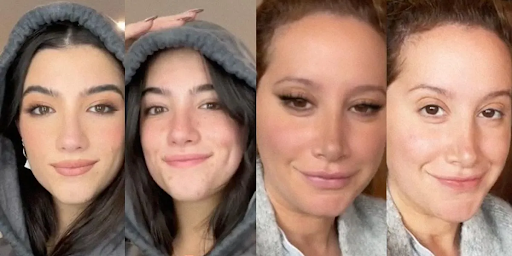
Burnham says this could be a breeding ground for body dysmorphia. He says it's scary how these filters can replace reality. The likes of Joanna Kenny also feel the filter totally creates a natural appearance of you that looks nothing like you.
Studies by the University of London and the Cognitive Research journal reveal that these filters could be a breeding ground for mental issues. In 2021 the Wall Street Journal revealed that 1 in 3 girls feel bad about their bodies, and most teens that use the app have higher rates of depression and anxiety.
Could AI replace reality? We’ll have to wait and see.
Source: The Verge
Advertisement
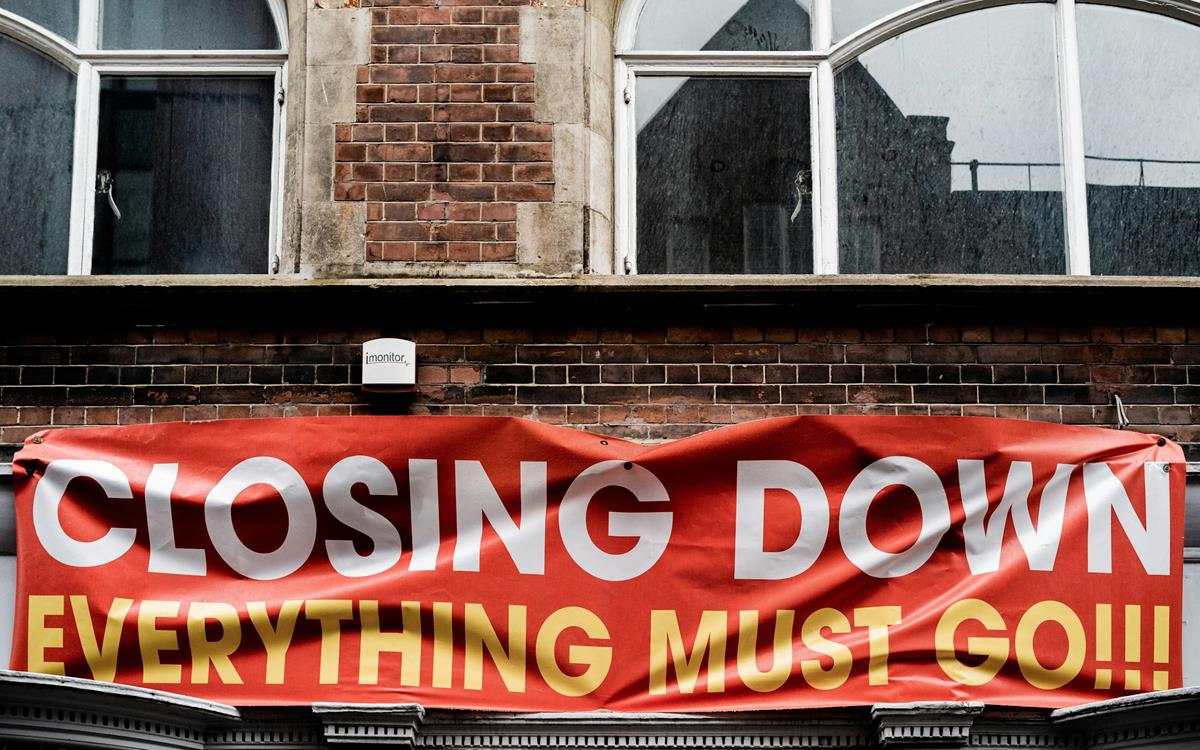


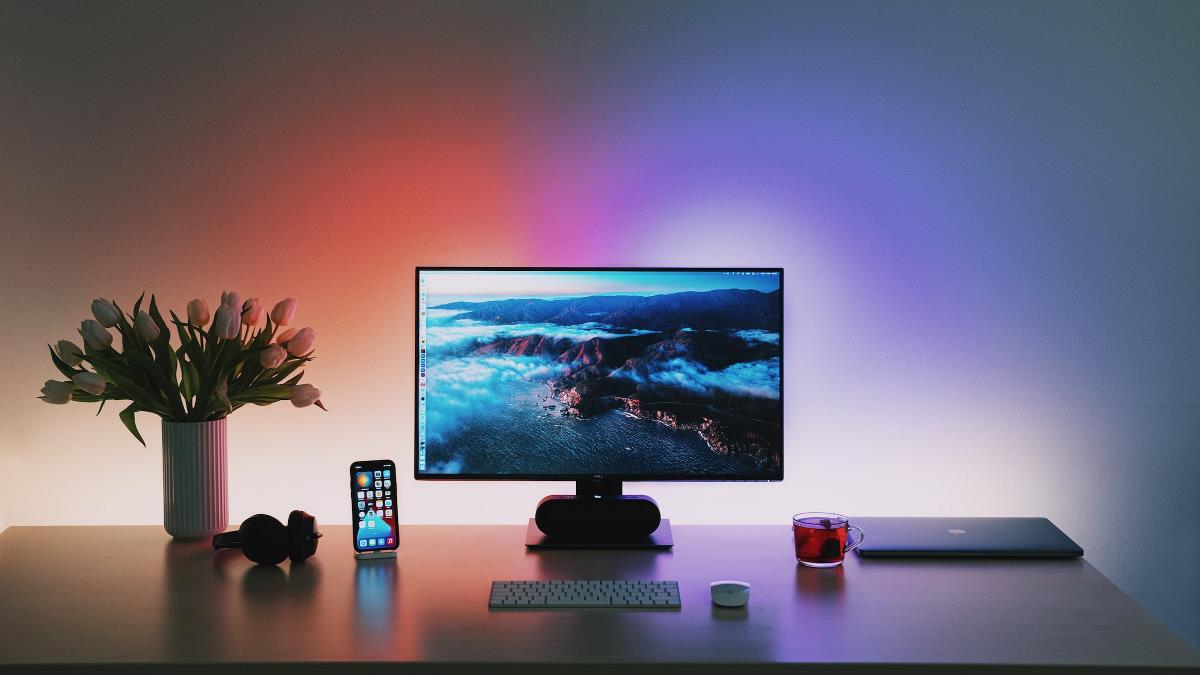





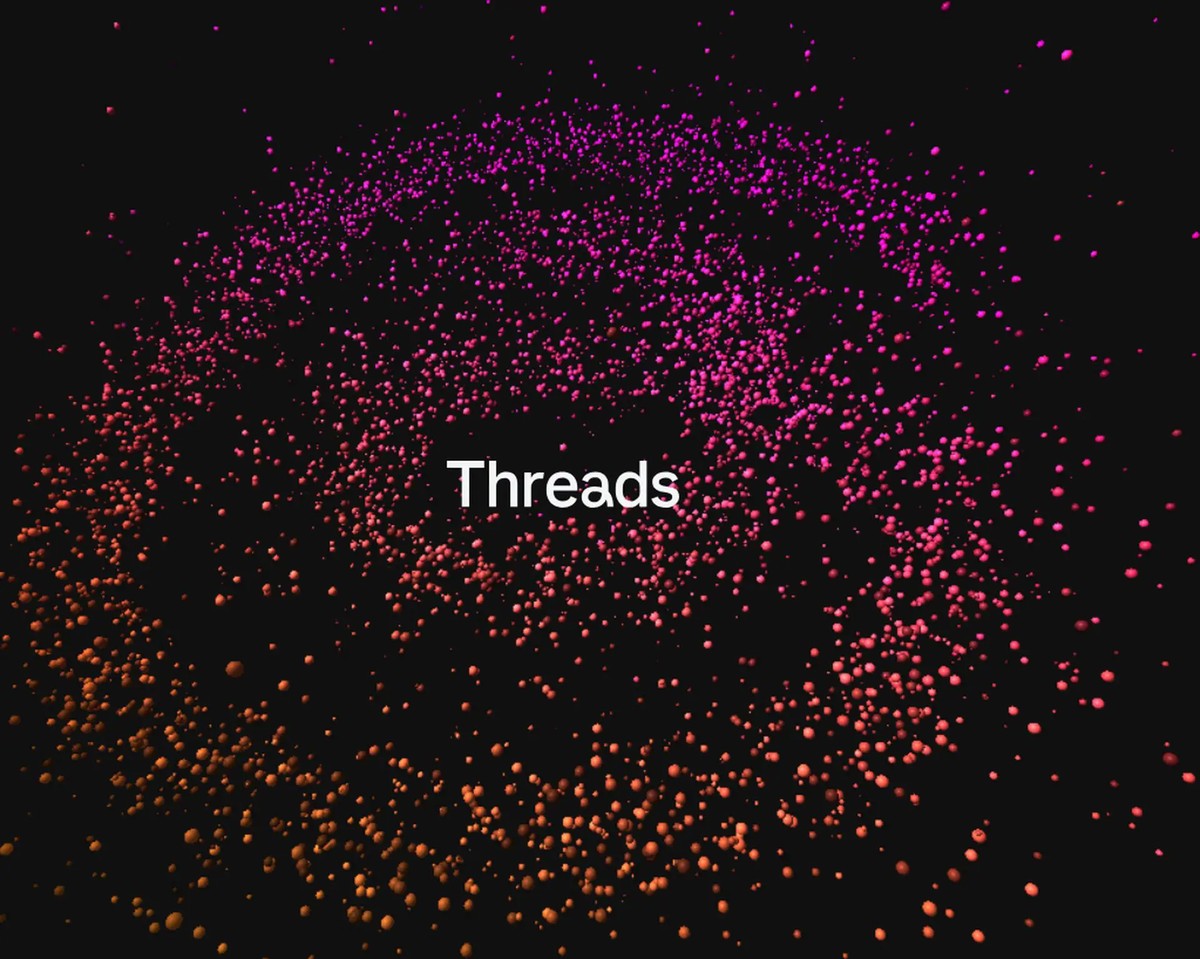
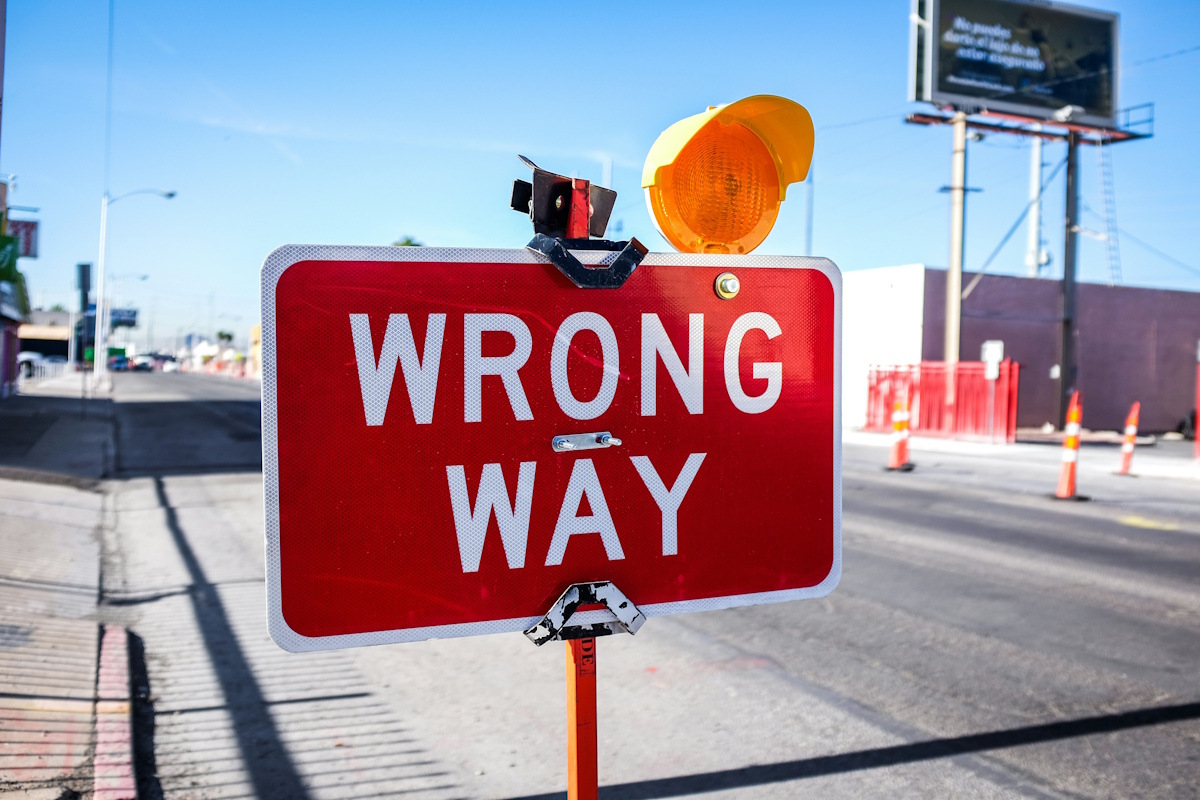




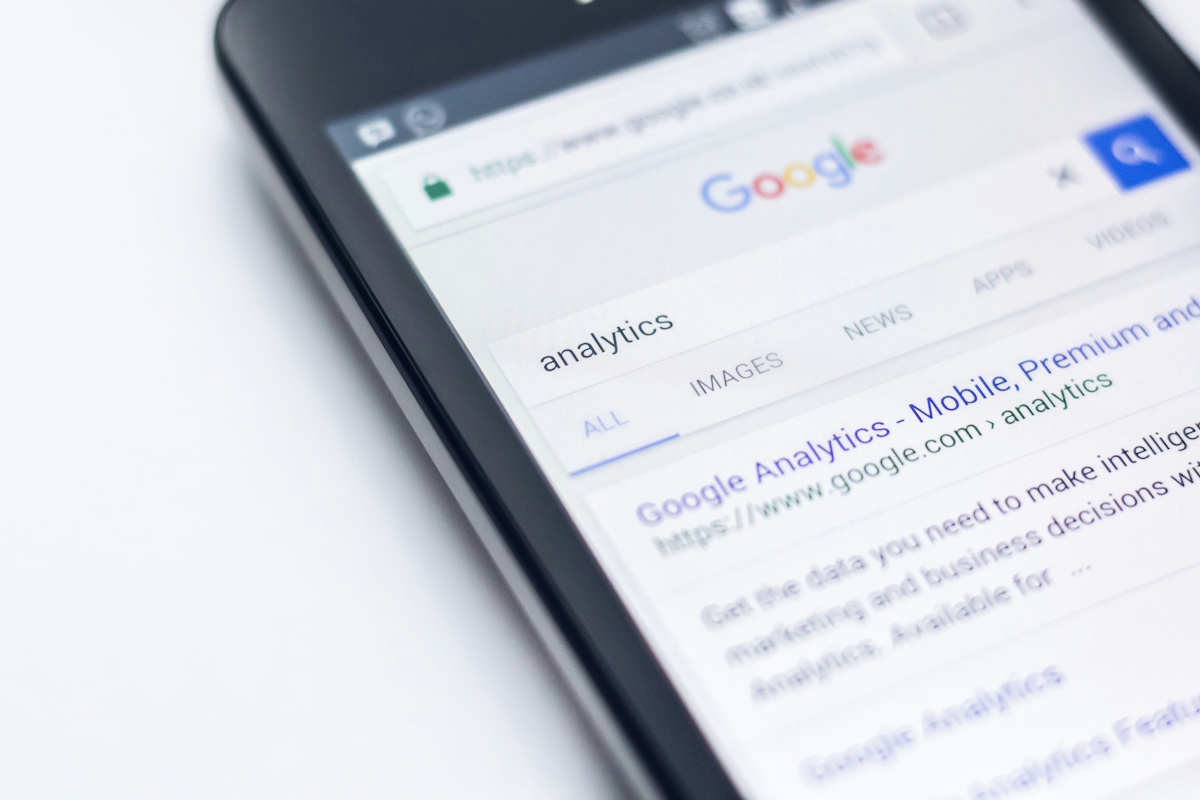
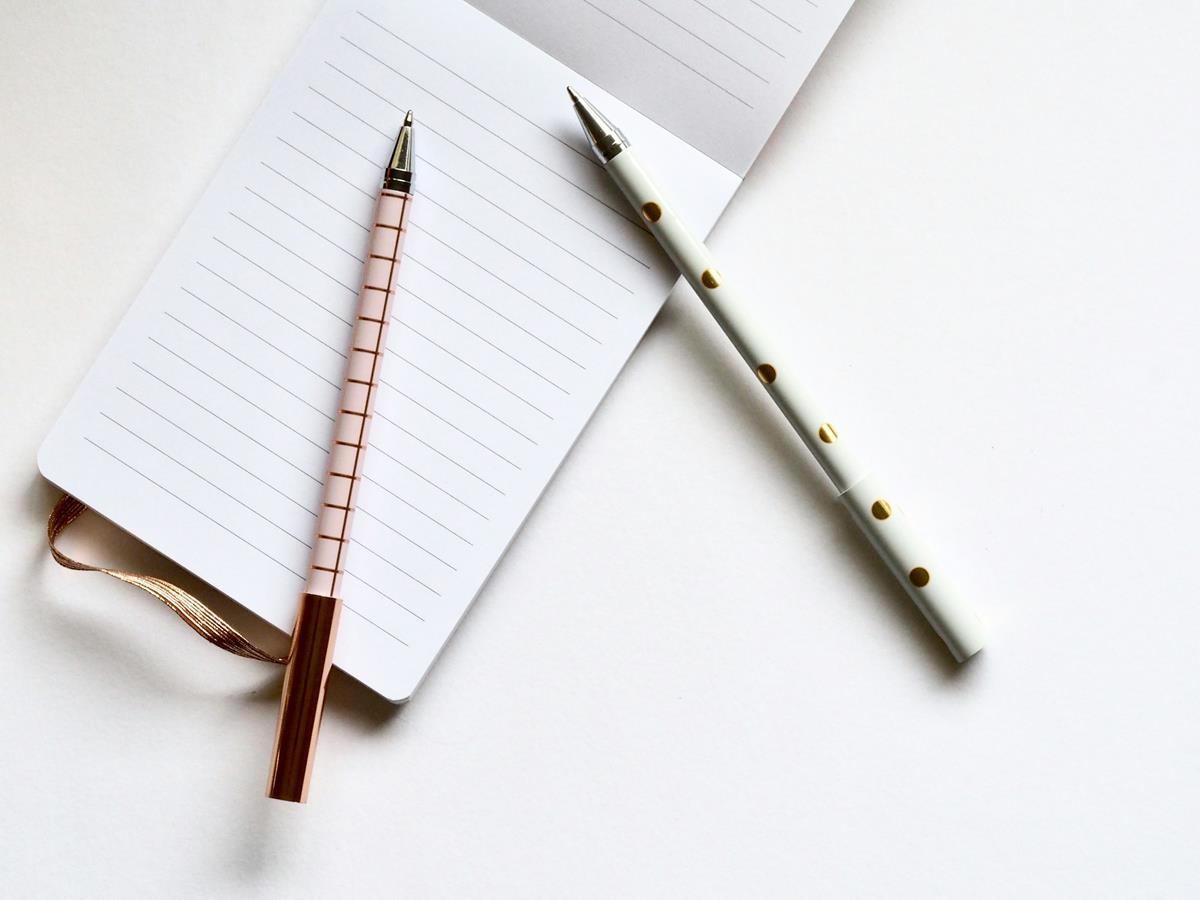

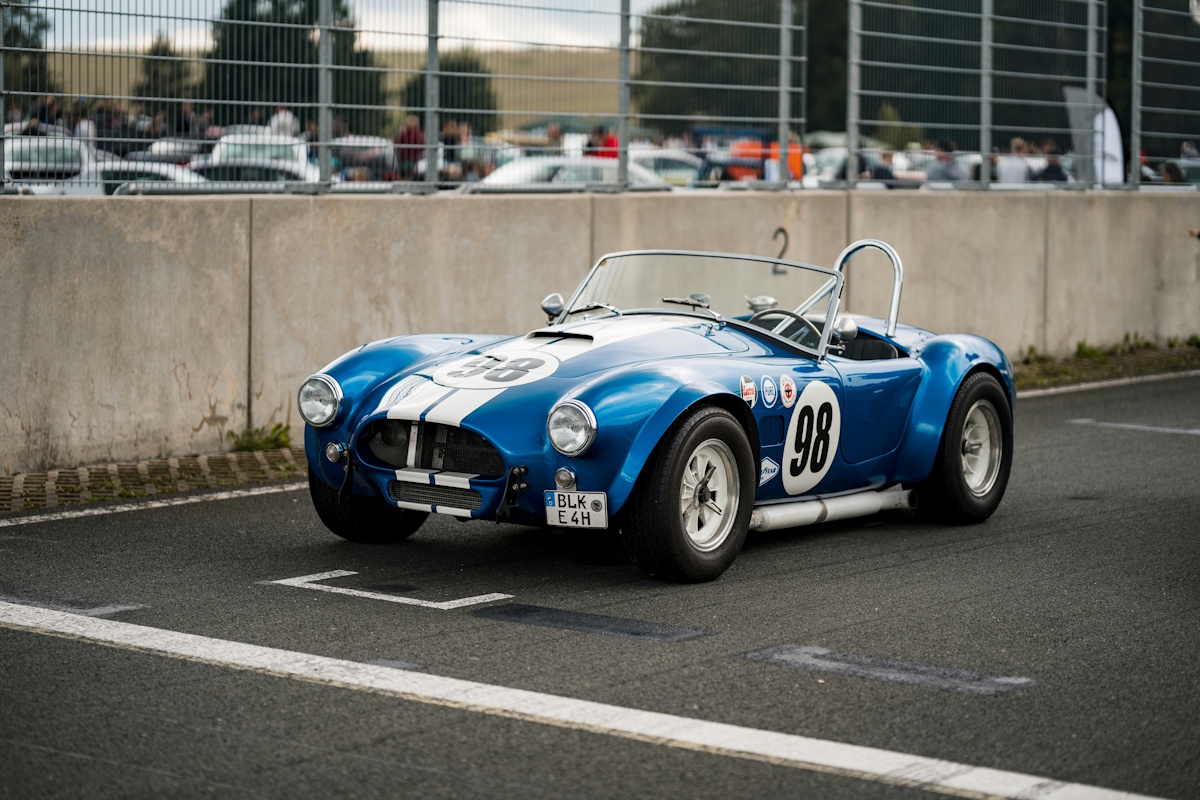
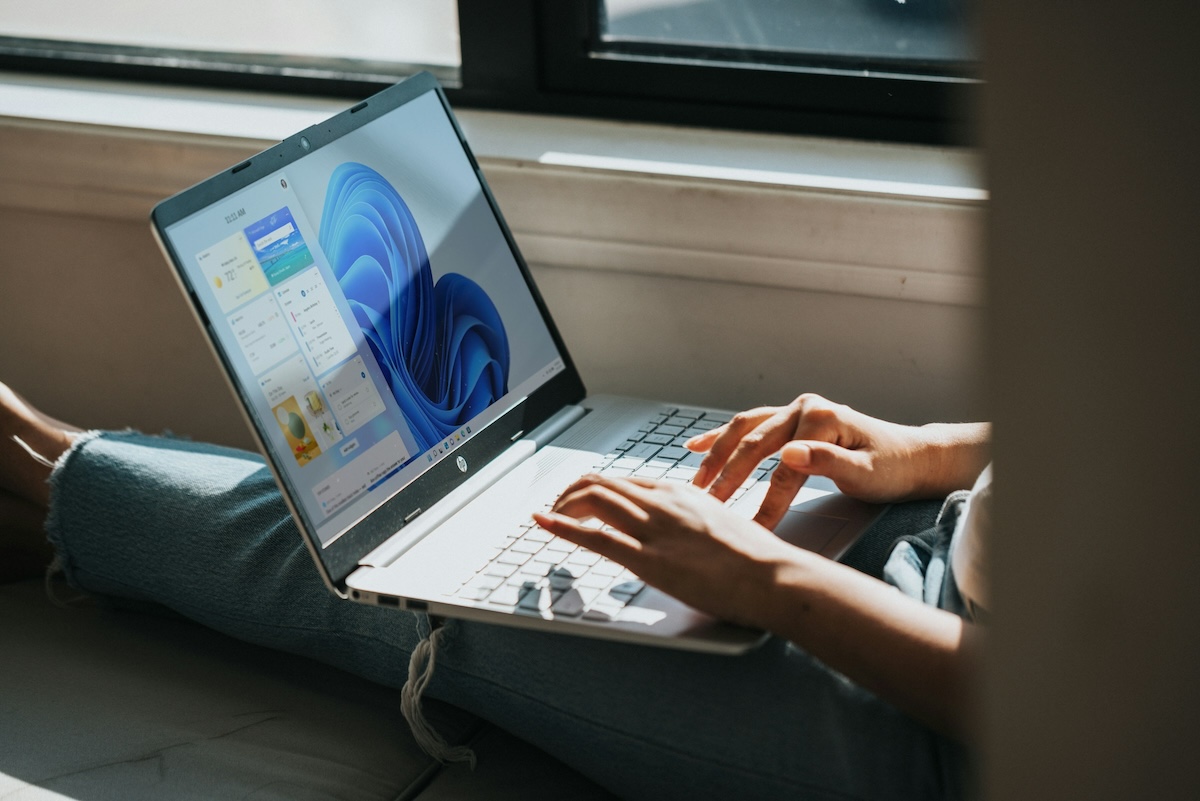

Boll**ks article, one of many.